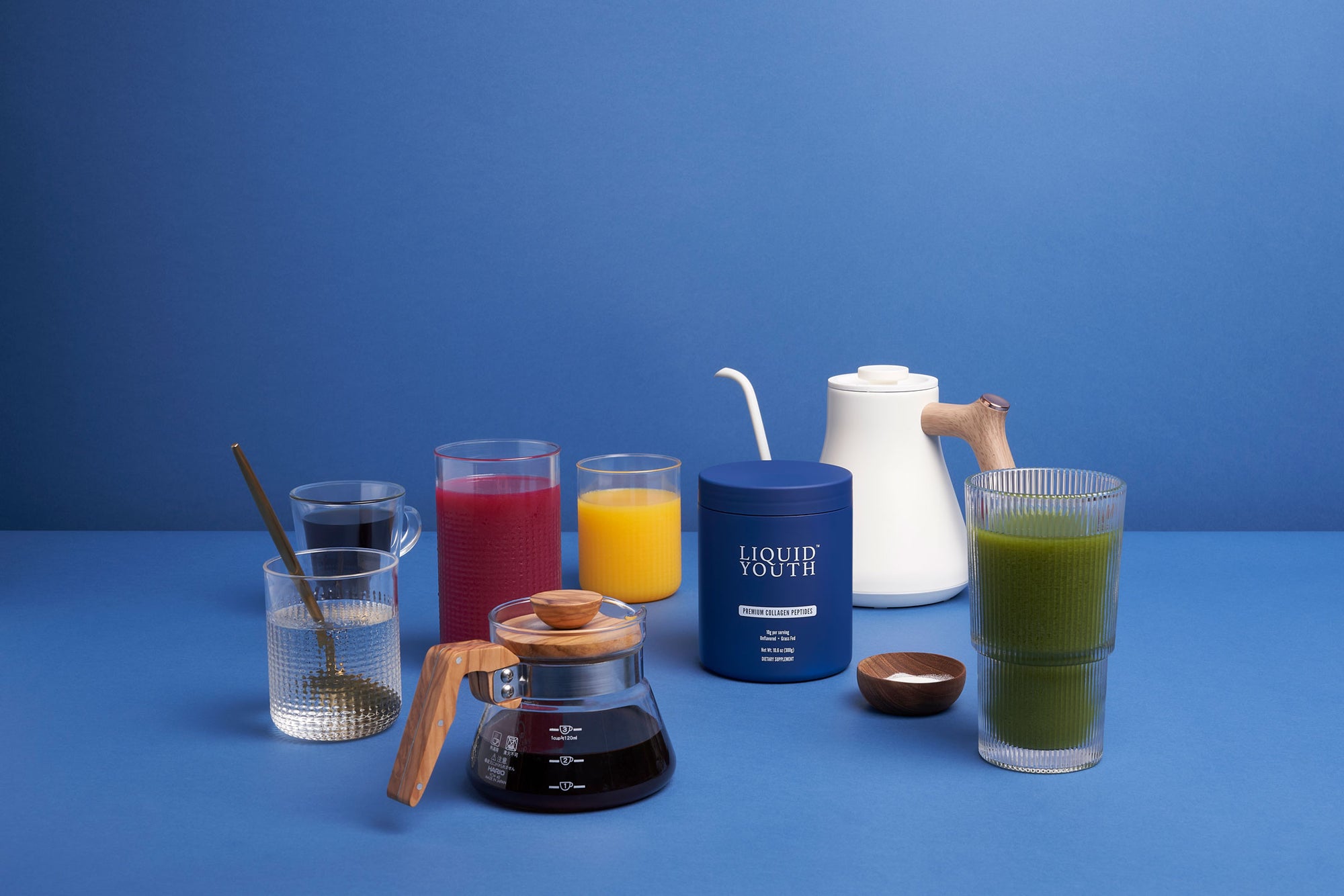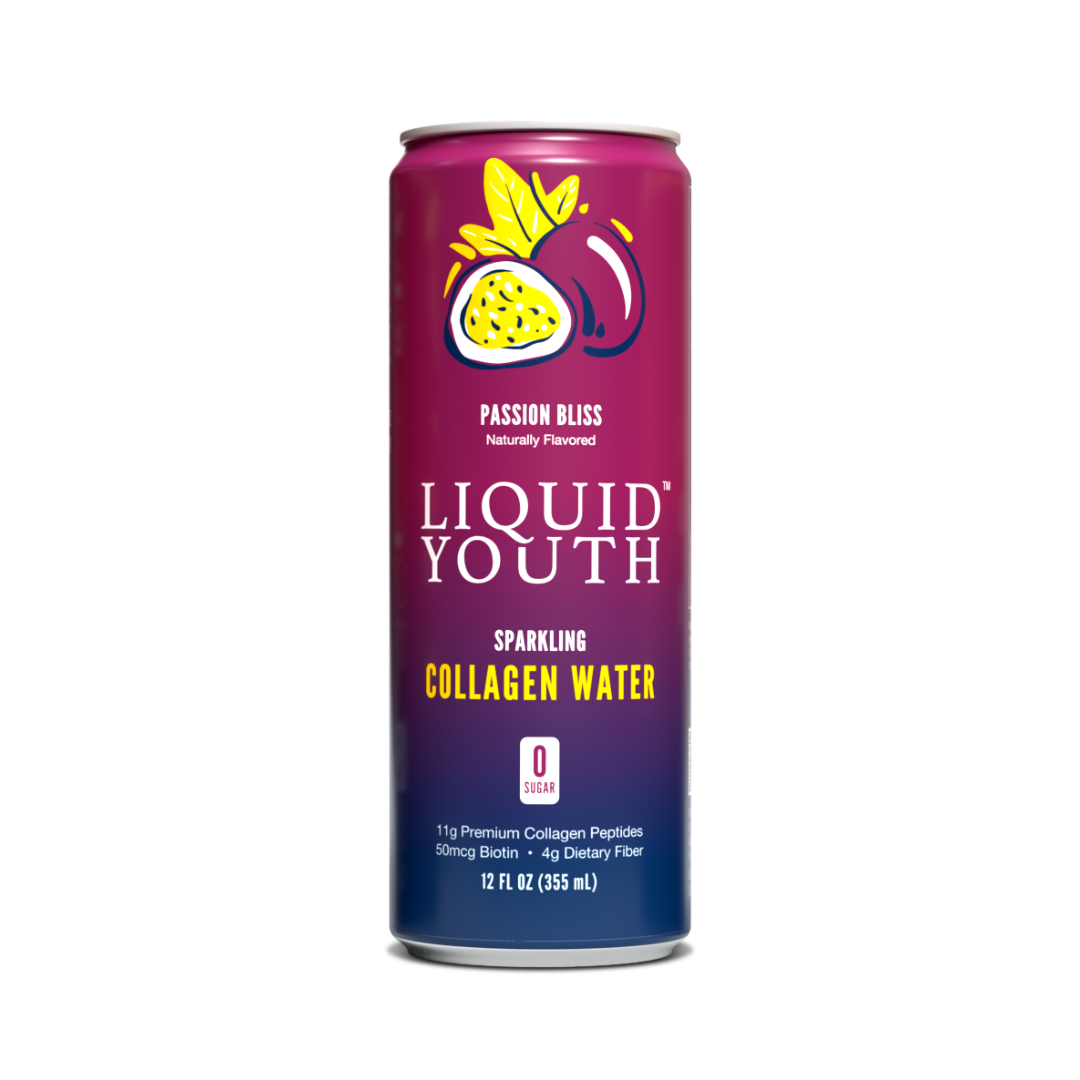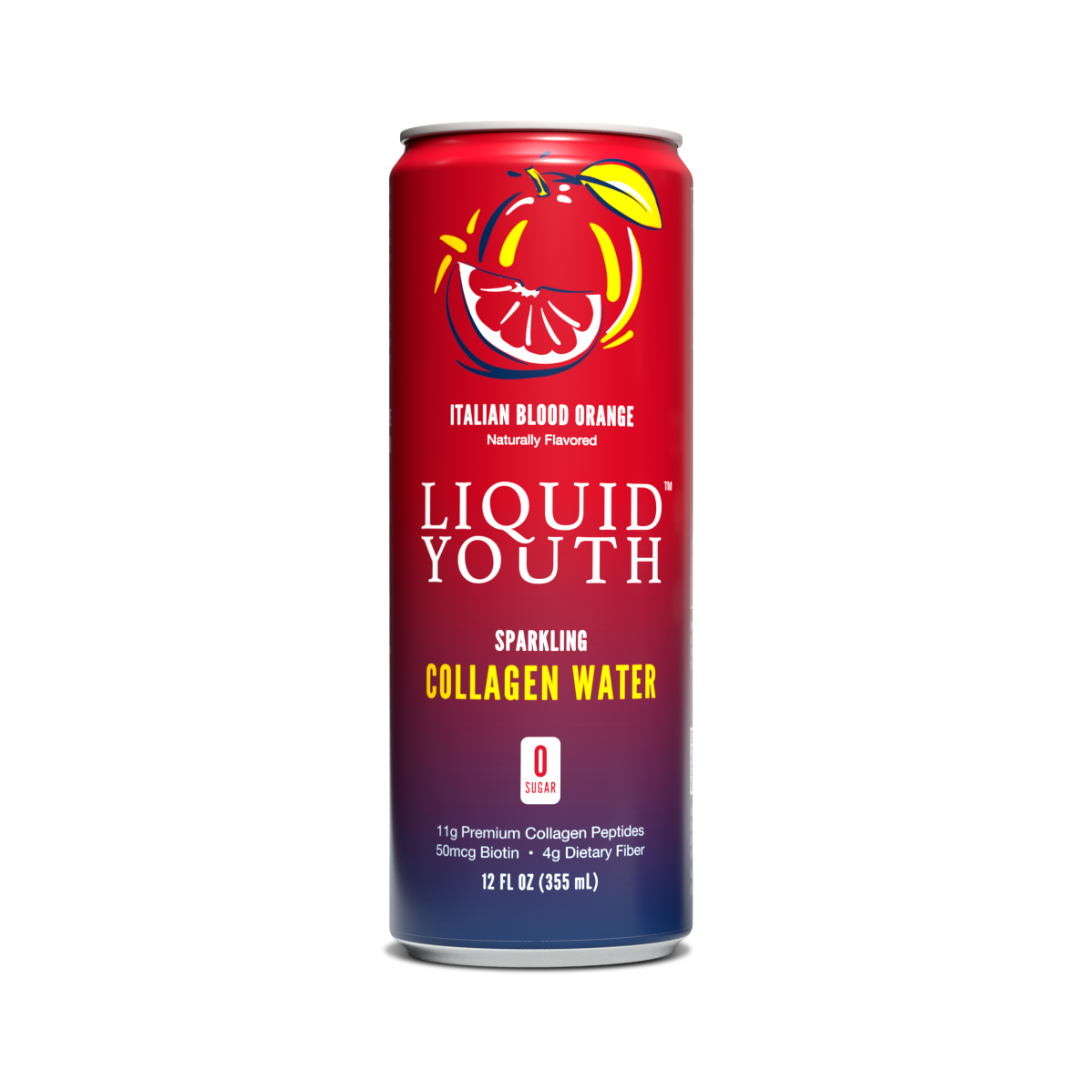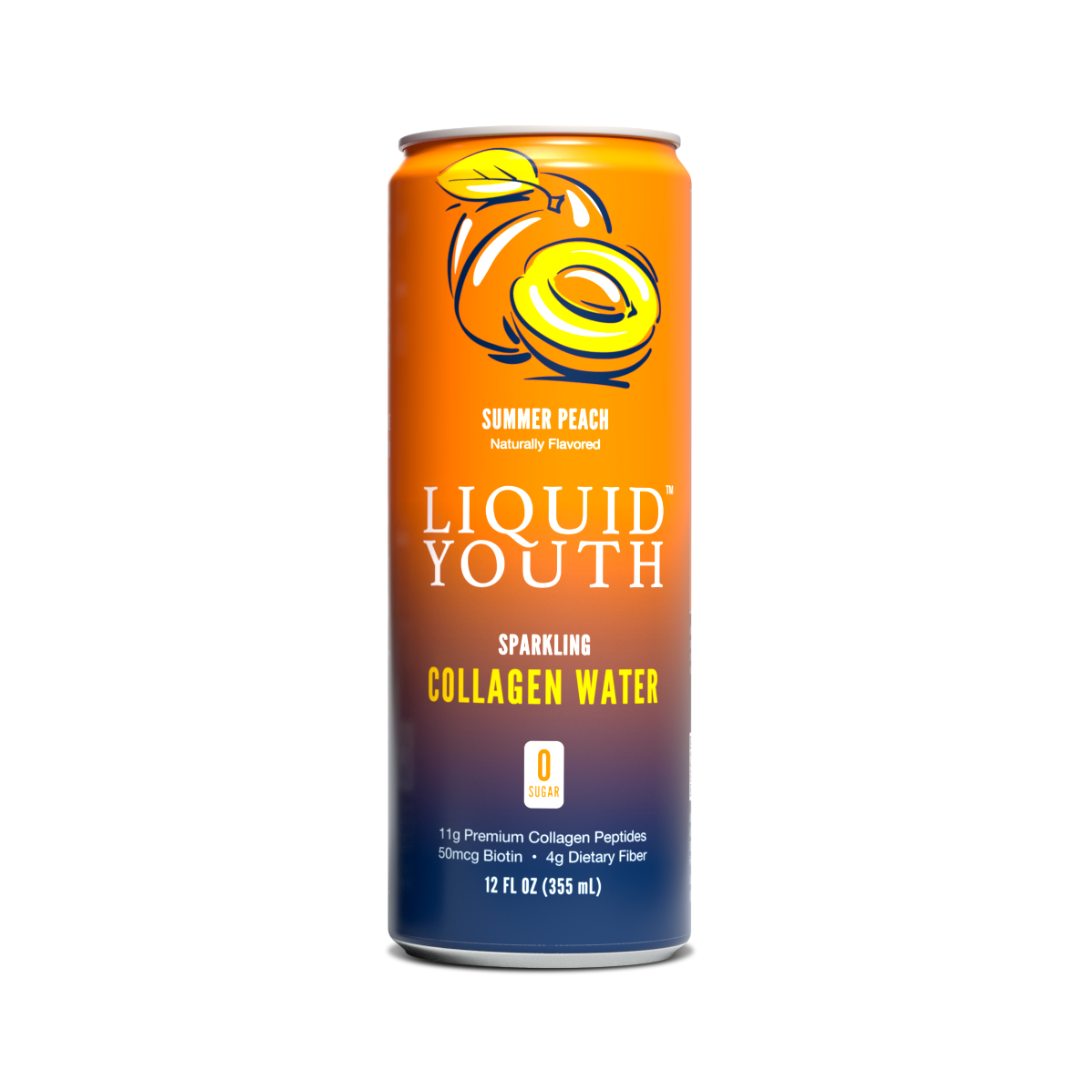Collagen Peptides for recovery

Collagen Peptides for Recovery: The Secret Ingredient for Better Athletic Performance?
The Benefits of Collagen Peptides for Recovery and Muscle: Key Points:
· Recently, the use of collagen peptides for recovery has gained significant attention among athletes. The study found that collagen peptide supplementation positively influenced muscle, tendon, and strength gains when combined with resistance exercise.
· For athletes and fitness enthusiasts, collagen peptide supplements can improve muscle recovery, enhance strength, and possibly prevent injuries when combined with regular exercise.
The Collagen Craze: More Than Just a Fad
Over the past decade, collagen peptides have gained popularity in health and fitness. The global market for collagen peptide supplements continues to surge, reaching a market value of 599 million USD in 2020.1 Collagen peptides derived from hydrolyzed collagen have been advocated for their potential benefits in enhancing athletic performance, improving body composition (i.e., gaining muscle), and preventing injuries. Think of collagen as the glue that holds us together - it's in our skin, muscles, and connective tissues. But what's behind all the hype? Do collagen peptides really live up to what people are saying? According to a recent study published in Sports Medicine, collagen peptides are the real deal.

What Are Collagen Peptides?
In recent years, scientists have examined collagen peptides for recovery to help athletes and fitness enthusiasts return to the gym sooner. Studies have found that participants who took collagen peptides showed quicker recovery in jumping ability, an important measure of muscle recovery.2 This means you might bounce back faster from tough workouts, allowing for more frequent and effective training sessions. A recent review examined the impact of collagen peptide supplementation when combined with long-term physical training. The findings suggest that collagen peptides might be the missing link in your fitness and recovery routine.3
The Benefits of Collagen Peptides for Recovery and Muscle Strength
You've probably heard about collagen in beauty products, but its benefits go far beyond skin-deep. Collagen is the most abundant protein in our bodies, forming the building blocks of our skin, muscles, and connective tissues. As we age, our natural collagen production slows down, which is why many turn to collagen peptide supplements.

How Collagen Peptides Enhance Athletic Performance
Collagen peptides are composed of amino acids, primarily glycine, proline, and hydroxyproline, which are essential for collagen synthesis.4 When ingested, these amino acids are absorbed into the bloodstream, where they can stimulate collagen production.5 But here's the exciting part: recent research shows that collagen peptides when paired with exercise, can do wonders for your overall physical fitness. 6-8 In one study, participants who did resistance training and took 15 grams of collagen daily for 12 weeks saw a big increase in their leg and handgrip strength.9 This means that collagen peptides may help both athletes get stronger.
The New Review Article About Collagen Peptides for Recovery and Muscle
The 2024 study set out to determine how long-term collagen peptide supplementation, paired with exercise, influences muscle, strength gains, tendon strength, and recovery. The review included 19 studies involving 768 participants (ages 17–65; 80% men, 20% women), each combining collagen peptide intake with exercise routines, such as resistance training or other form of training. It specifically targeted adults engaged in regular exercise for over eight weeks. Collagen was typically taken daily, with doses ranging from 3 to 30 grams.
How Do Collagen Peptides Help with Muscle Recovery?
The review found that supplemental collagen peptides, compared to a placebo, led to a small increase in muscle. The research found that people who took collagen supplements gained more muscle than those who didn't. Additionally, participants experienced small improvements in maximal strength. The study also found that collagen peptides may also benefit tendons.

Collagen Peptides Help with Muscle Recovery: How Much Should You Take?
The research shows that a daily dose of about 15 grams of collagen peptides for at least 8 weeks is the sweet spot for seeing noticeable benefits.9-11 However, it's important to note that individual results may vary, and more research is needed to fine-tune these recommendations for different age groups and fitness levels.
Combining Collagen with Smart Training
While collagen peptides for recovery and muscle health show promise, it's not a magic pill. The best results were when collagen intake was combined with consistent resistance or concurrent training. This means incorporating strength exercises into your routine, whether weightlifting, bodyweight exercises, or resistance band workouts.
The key is consistency. Aim for at least 2-3 strength training sessions per week, and be patient. The most significant improvements were seen in studies lasting 8 weeks or longer.
What This Means for You
Whether you're an athlete, fitness enthusiast, or just getting started, collagen peptides for recovery are a smart addition to your routine. Not only could it enhance your workout results, but it might also contribute to better overall health and appearance. Remember, though, that supplements are just one piece of the puzzle. A balanced diet, regular exercise, and adequate rest are all crucial components of a healthy lifestyle.
Featured Products
References:
1 Bhadra, B. et al. A Guide to Collagen Sources, Applications and Current Advancements. Systematic Bioscience and Engineering, 67-87 (2021). https://doi.org/10.37256/sbe.1220211043
2 Bischof, K. et al. Influence of specific collagen peptides and 12-week concurrent training on recovery-related biomechanical characteristics following exercise-induced muscle damage-A randomized controlled trial. Front Nutr 10, 1266056 (2023). https://doi.org/10.3389/fnut.2023.1266056
3 Bischof, K., Moitzi, A. M., Stafilidis, S. & König, D. Impact of Collagen Peptide Supplementation in Combination with Long-Term Physical Training on Strength, Musculotendinous Remodeling, Functional Recovery, and Body Composition in Healthy Adults: A Systematic Review with Meta-analysis. Sports Medicine (2024). https://doi.org/10.1007/s40279-024-02079-0
4 Sorushanova, A. et al. The Collagen Suprafamily: From Biosynthesis to Advanced Biomaterial Development. Adv Mater 31, e1801651 (2019). https://doi.org/10.1002/adma.201801651
5 McKee, T. J., Perlman, G., Morris, M. & Komarova, S. V. Extracellular matrix composition of connective tissues: a systematic review and meta-analysis. Scientific Reports 9, 10542 (2019). https://doi.org/10.1038/s41598-019-46896-0
6 Zdzieblik, D., Oesser, S., Baumstark, M. W., Gollhofer, A. & König, D. Collagen peptide supplementation in combination with resistance training improves body composition and increases muscle strength in elderly sarcopenic men: a randomised controlled trial. Br J Nutr 114, 1237-1245 (2015). https://doi.org/10.1017/s0007114515002810
7 Kirmse, M., Oertzen-Hagemann, V., de Marées, M., Bloch, W. & Platen, P. Prolonged Collagen Peptide Supplementation and Resistance Exercise Training Affects Body Composition in Recreationally Active Men. Nutrients 11 (2019). https://doi.org/10.3390/nu11051154
8 Bischof, K. et al. Influence of specific collagen peptides and 12-week concurrent training on recovery-related biomechanical characteristics following exercise-induced muscle damage—A randomized controlled trial. Frontiers in Nutrition 10 (2023). https://doi.org/10.3389/fnut.2023.1266056
9 Khatri, M., Naughton, R. J., Clifford, T., Harper, L. D. & Corr, L. The effects of collagen peptide supplementation on body composition, collagen synthesis, and recovery from joint injury and exercise: a systematic review. Amino Acids 53, 1493-1506 (2021). https://doi.org/10.1007/s00726-021-03072-x
10 Jendricke, P., Kohl, J., Centner, C., Gollhofer, A. & König, D. Influence of Specific Collagen Peptides and Concurrent Training on Cardiometabolic Parameters and Performance Indices in Women: A Randomized Controlled Trial. Frontiers in Nutrition 7 (2020). https://doi.org/10.3389/fnut.2020.580918
11 Balshaw, T. G. et al. The effect of specific bioactive collagen peptides on function and muscle remodeling during human resistance training. Acta Physiologica 237, e13903 (2023). https://doi.org/https://doi.org/10.1111/apha.13903


















